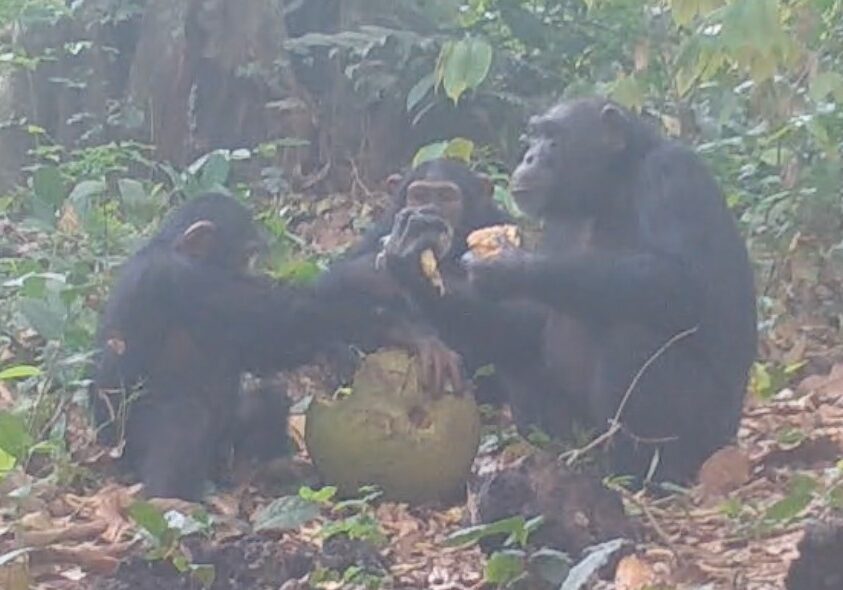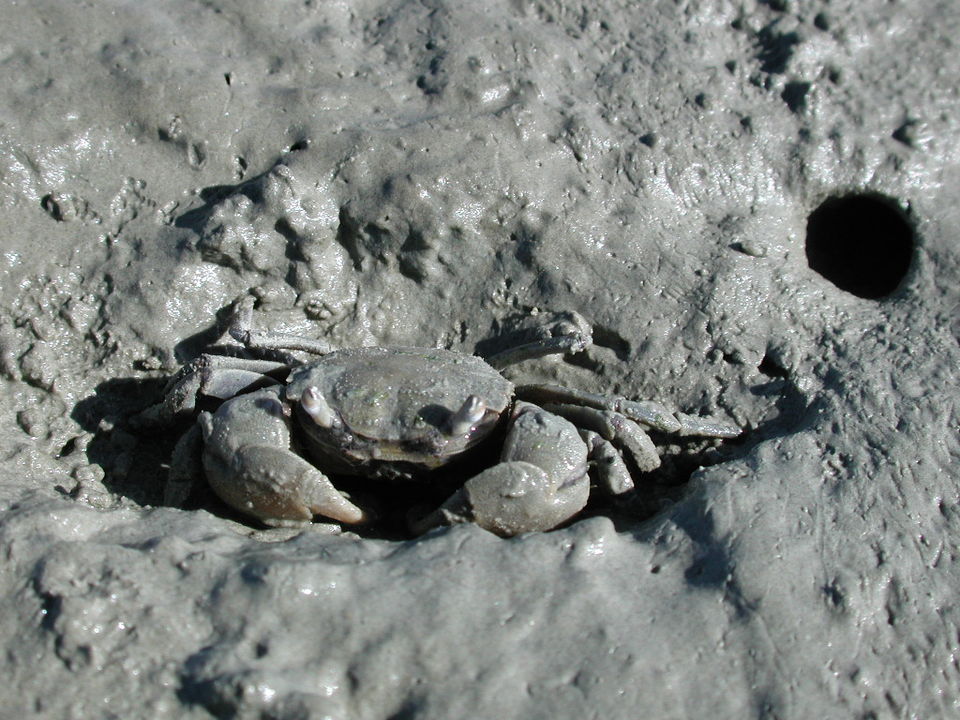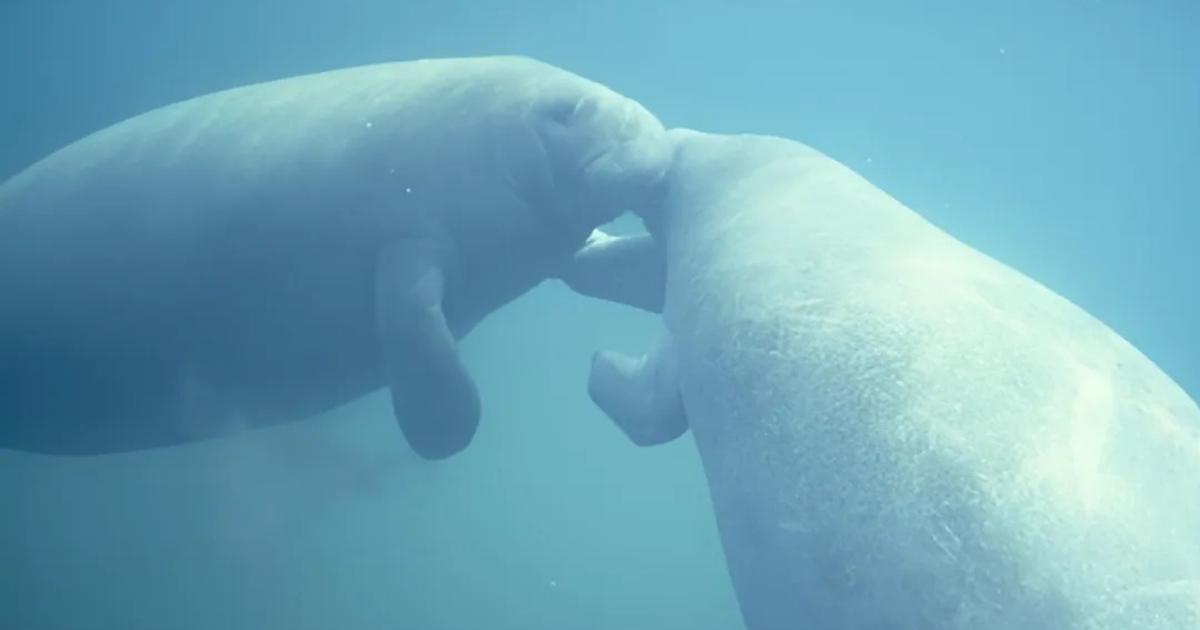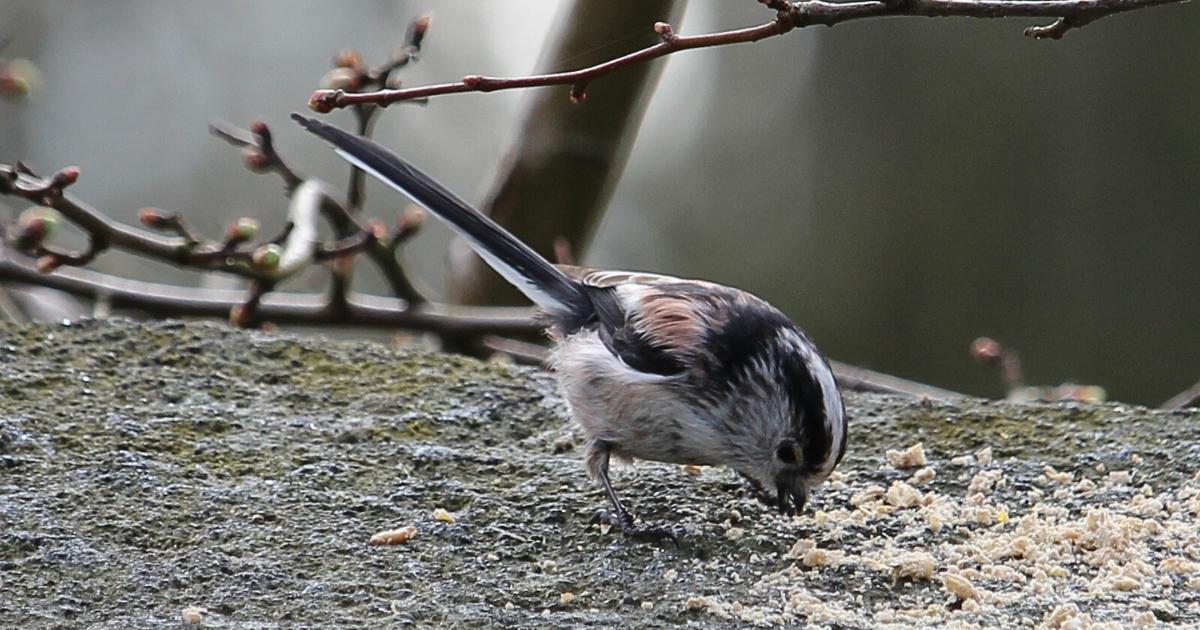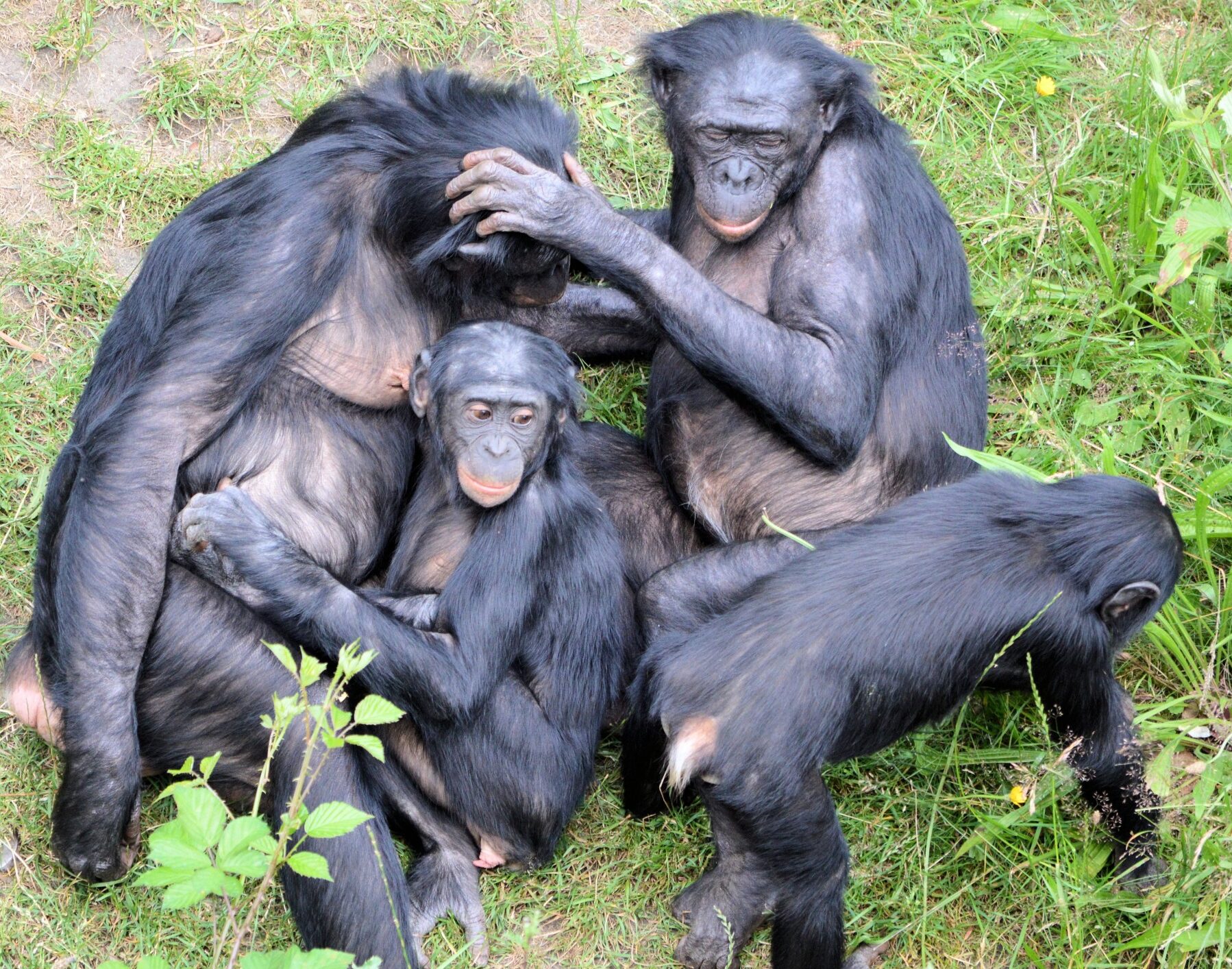Wild chimpanzees in Guinea-Bissau’s Cantanhez National Park have been observed for the first time eating and sharing fermented fruits containing alcohol, according to a study recently published in Current Biology. Researchers found that these clever primates selectively consumed overripe African breadfruit, which naturally ferments on the forest floor, with some fruits packing up to 0.61% alcohol by volume — similar to weak beer.
Sharing Under the Canopy
Using camera traps to monitor wild chimpanzees, scientists recorded 70 feeding events and 10 instances of fruit sharing among 17 chimps, including adults and juveniles. Remarkably, 90% of shared fruits contained ethanol, with the ripest, most fermented fruits being the most popular.
The sharing behavior was mostly passive, with chimpanzees allowing others to take bites without conflict, even when less fermented fruits were available nearby. In one heartwarming scene, a juvenile took a piece directly from an adult female’s mouth.

Why Ripe Fruits Rule
Researchers think that fermented fruits might be prized for their nutritional benefits, softer texture, or social value. Riper fruits require less effort to open, and their fermentation process may boost vitamins while breaking down tough fibers.
This behavior could mirror ancient human practices. The study notes that alcohol consumption and social feasting likely have deep roots in our shared evolutionary history with great apes. Just as humans bond over shared meals or drinks, chimpanzees might strengthen social ties through these fermented fruit interactions.
From Forest Floors to Human Feasts
The use of alcohol by humans isn’t a recent invention. It’s a story millions of years in the making, the authors suggest, pointing to genetic adaptations in African apes that improved alcohol metabolism long before humans began brewing.
“Chimps don’t share food all the time, so this behavior with fermented fruit might be important,” said Kimberley Hockings, one of the researchers from the University of Exeter. “We need to find out more about whether they deliberately seek out ethanolic fruits and how they metabolize it, but this behavior could be the early evolutionary stages of ‘feasting’. If so, it suggests the human tradition of feasting may have its origins deep in our evolutionary history.”
Future research will explore whether chimpanzees intentionally seek out alcohol as an enjoyable social activity or simply enjoy the perks of easier-to-eat, nutritious snacks.
The study highlights the importance of protecting chimpanzee habitats where these behaviors thrive. Who knew our love of social drinking might have swung from the same branches?
***
“Wild chimpanzees share fermented fruits.” Bowland et al. Current Biology (2025).
Featured image credit: Anna Bowland, Cantanhez Chimpanzee Project, University of Exeter

